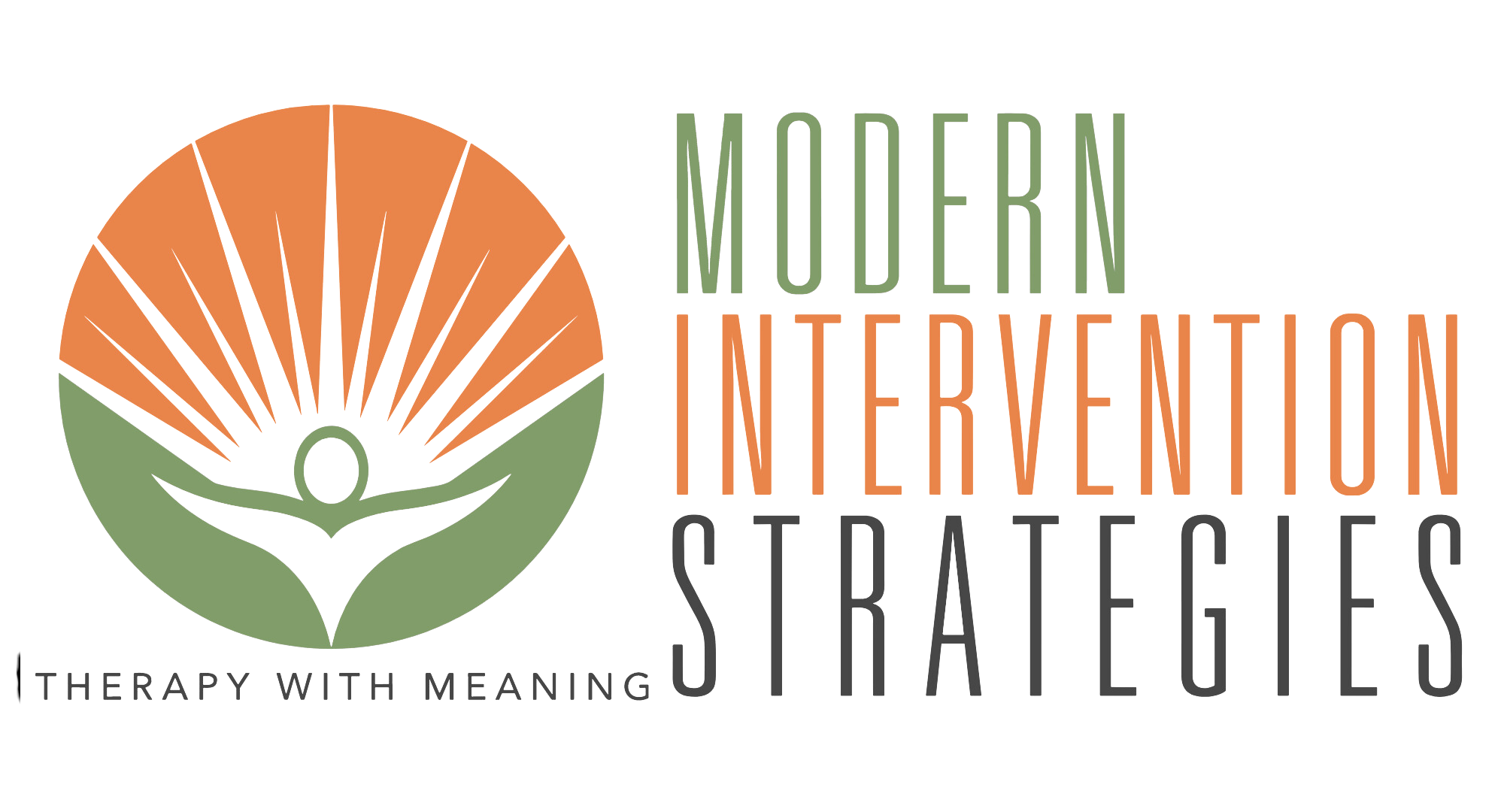Anxiety can be a crippling condition. It can affect every aspect of your life, from your relationships to your job performance.
If you’re struggling with anxiety, you’re not alone. Millions of people worldwide face the same battle every day.
The good news is, help is available. Anxiety therapy can provide the tools you need to manage your symptoms and improve your quality of life.
But how do you find the right therapy for you? And more importantly, how do you find it close to home?
This guide will walk you through the process. It will provide practical tips and considerations to help you find the best anxiety therapy near you.
Remember, seeking help is the first step towards recovery. Let’s take that step together.
Understanding Anxiety and When to Seek Help
Recognizing anxiety isn’t always straightforward. It manifests in various ways, often unique to each individual. Common signs include excessive worry, restlessness, and trouble concentrating.
Physical symptoms might also be present. They can include rapid heartbeat, sweating, and insomnia. If these interfere with daily life, it’s time to consider professional help.
Anxiety disorders aren’t a one-size-fits-all condition. They come in several forms, each with distinct characteristics.
There are generalized anxiety disorder, social anxiety, and panic disorders, to name a few. Each type requires a tailored approach to therapy.
Understanding these differences is crucial. It helps in finding appropriate therapy for anxiety, based on specific needs. Seeking help early can make a significant difference.
It’s essential not to ignore these signs. Early intervention can prevent anxiety from escalating, improving outcomes. So, don’t hesitate to seek anxiety therapy near you. It’s a vital step to reclaim your peace of mind.
Benefits of Local Anxiety Therapy
Having therapy services nearby offers several advantages. Proximity can greatly influence the consistency of attending sessions. It’s easier to maintain regular appointments when therapy is conveniently located.
Being close to home reduces travel time and stress. It makes scheduling appointments more manageable, thus increasing your commitment to the treatment plan. The convenience factor should not be underestimated.
Local therapy can also enhance your sense of community support. Engaging with local therapists often means integrating into a broader network of resources.
Community support can play a vital role in your recovery. It provides additional assistance and understanding from those who may be facing similar challenges. Finding anxiety therapy near you helps build a supportive environment for healing.
Finding Qualified Anxiety Therapists Near You
Finding the right therapist for anxiety is essential. Start by researching local therapists who specialize in mental health therapy. This helps ensure they have the expertise for therapy for anxiety.
Use online directories to identify potential therapists. Websites like Psychology Today and Theravive offer detailed profiles of local professionals. Inputting “anxiety therapy near me” can direct you to several options.
As you narrow down choices, check their credentials. Verify their licenses and certifications to ensure they meet professional standards. Qualifications often indicate the level of training and experience the therapist has.
Consider their specializations to match your needs. Some therapists might focus on specific anxiety disorders, such as social anxiety or panic disorders. Identifying specialties can optimize the treatment you receive.
Checklist for Finding Therapists
- Utilize online therapist directories
- Verify licenses and certifications
- Consider therapists’ specializations
Personal comfort with the therapist’s methods and approach is vital. Schedule consultations to get a feel for their style and philosophy. Building a rapport can significantly enhance the therapeutic relationship.
Types of Anxiety Therapy Available
Anxiety therapy offers various methods tailored to different needs. Cognitive Behavioral Therapy (CBT) is one of the most common approaches. It helps you identify and change negative thought patterns impacting your behavior.
Dialectical Behavior Therapy (DBT) is another effective method. It focuses on emotional regulation and mindfulness techniques. DBT can be especially helpful if emotions often feel overwhelming.
Psychotherapy, often called talk therapy, involves discussing your issues in-depth with a therapist. It aims to uncover underlying causes of anxiety. This type of therapy is highly adaptable to individual needs.
Each therapy type requires a different therapist approach. Ensure the therapist’s style aligns with what you’re comfortable with. Their approach should resonate with your personal preferences and therapeutic goals.
Common Anxiety Therapy Types
- Cognitive Behavioral Therapy (CBT)
- Dialectical Behavior Therapy (DBT)
- Psychotherapy
Choosing the right type of therapy involves considering both methodology and therapist style. A harmonious match can significantly influence your progress. Take time to assess and decide what feels most suitable for you.
Preparing for Your First Therapy Session
Starting therapy can feel like stepping into the unknown. It’s normal to feel anxious about what to expect. However, being prepared can make the experience smoother.
Your first session usually involves an introduction to the therapy process. The therapist may ask about your history and main concerns. This initial meeting helps establish a rapport and shared understanding.
Come prepared with questions to ask your therapist. Inquire about their experience with anxiety disorders and their treatment approach. Understanding this will help you feel more at ease and engaged.
Remember, this session is also for you to assess comfort levels. It’s crucial that you feel safe and understood. Open communication is key to a productive therapeutic relationship.

Insurance and Managing Therapy Costs
Navigating the cost of therapy is an important consideration. Understanding your insurance coverage can help in planning financially for therapy sessions. Check if your insurance plan includes mental health therapy benefits.
It’s wise to contact your insurance company for detailed information. Ask about coverage specifics, such as co-pays, deductibles, and limits on therapy sessions. Knowing this can prevent unexpected expenses later on.
Consider several strategies to manage therapy costs effectively. Look for therapists who offer sliding scale fees based on income. Some may provide discounts for upfront payments or package deals.
Another option is to explore community mental health centers. These organizations often offer lower-cost services for those in need. Don’t hesitate to ask your therapist for financial assistance options as well.
The Role of Teletherapy in Anxiety Treatment
Teletherapy has emerged as a convenient option for anxiety treatment. It offers the flexibility to attend sessions from the comfort of your home. This is particularly beneficial if you have a busy schedule or mobility constraints.
Online therapy can also reduce anxiety about commuting or attending appointments in person. It provides access to therapists who may not be available locally. This expands your options for finding the right fit for your therapy needs.
However, there are considerations when choosing teletherapy. You need a reliable internet connection for seamless communication. Privacy is another crucial factor, ensuring your online sessions are confidential.
Evaluate the security measures your online therapist has in place. Ensure their platform is HIPAA-compliant, protecting your personal information. With the right setup, teletherapy can offer effective support for managing anxiety.
Setting Realistic Expectations and Goals
Beginning therapy for anxiety means understanding that change takes time. It’s important to remember that therapy is a journey, not a quick fix. Progress is often gradual, and setbacks may occur.
Patience plays a key role in achieving positive outcomes. Being patient allows you to stay committed to the therapy process. This commitment helps in managing anxiety more effectively over time.
Setting clear goals is essential when starting therapy. These goals provide direction and make tracking progress easier. Discuss your objectives with your therapist to create a tailored plan.
Perseverance will support you through tough times in therapy. Celebrate small victories and stay focused on long-term improvements. Consistency and determination can lead to lasting changes.
Conclusion: Taking the First Step
Taking the initial step towards anxiety therapy might feel daunting, but it’s worthwhile. Seeking professional help is a sign of strength and self-awareness. Therapists can guide you through strategies to manage your anxiety effectively.
Early intervention is crucial in addressing anxiety disorders. Tackling symptoms early can prevent them from worsening over time. Proactive mental health care allows for better management of anxiety and enhances overall well-being.
Embarking on this journey is a positive step for your mental health. Remember, you are not alone in this process. With determination and support, significant progress is within reach.





